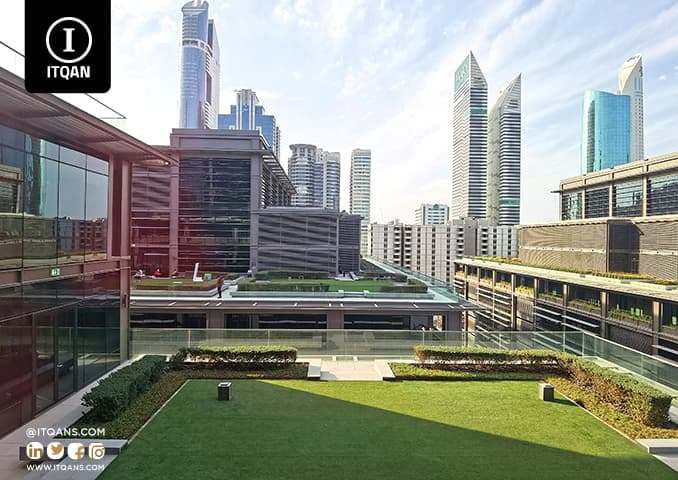Methods and requirements for opening a commercial register in Dubai
Opening a commercial register in Dubai is an essential step for anyone wishing to enter the business world in one of the most vibrant and prosperous commercial cities in the world. Thanks to its strategic location between the East and the West, Dubai provides an ideal business environment characterized by economic stability, innovation, and cultural […]
Methods and requirements for opening a commercial register in Dubai Read More »











